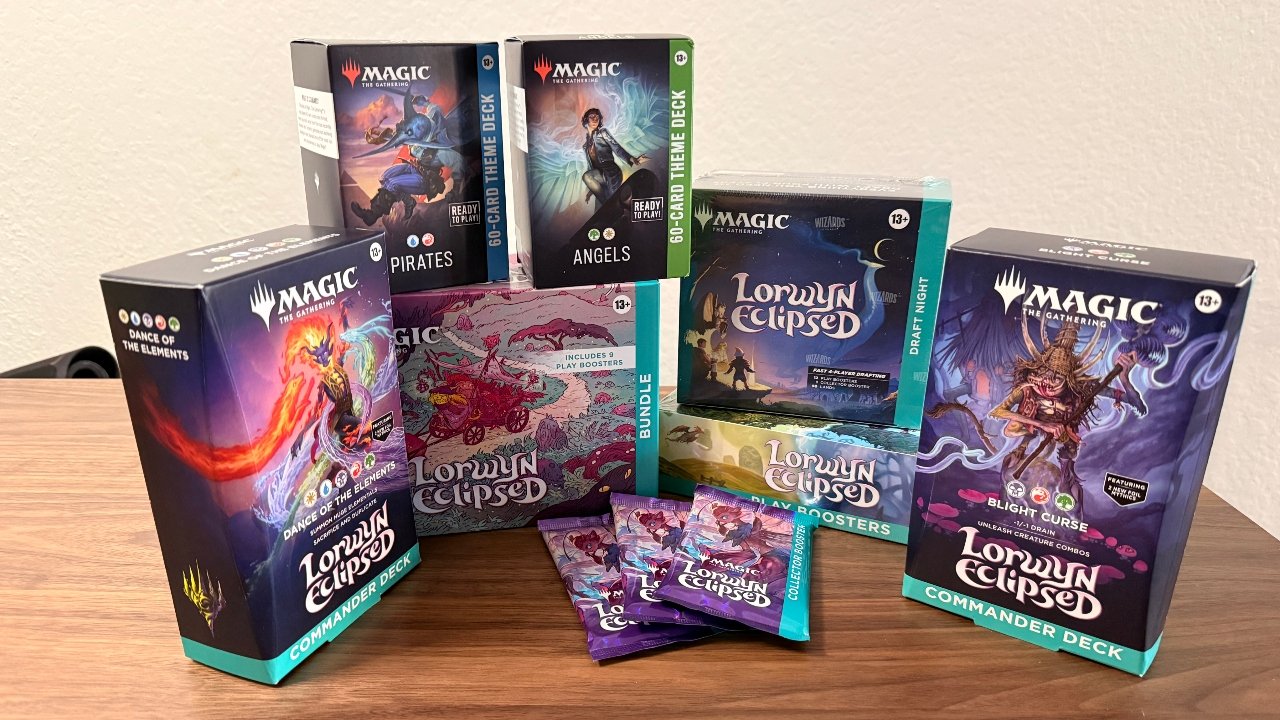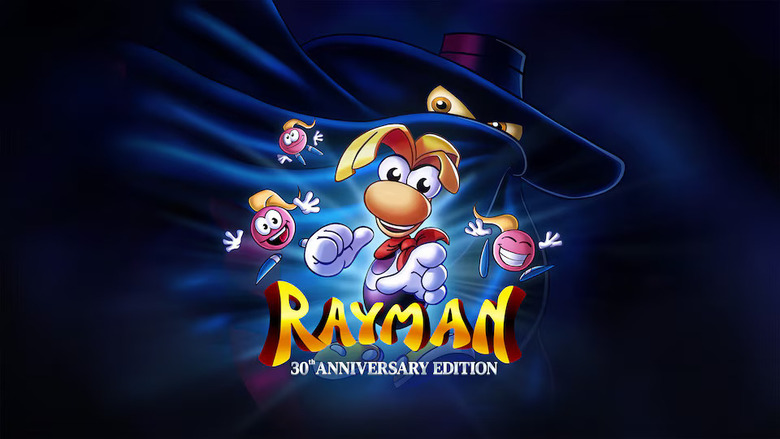Poker, a game that has charmed minds and hearts for centuries, is more than just a card game; it is a cultural phenomenon that has evolved dramatically over time. From its humble beginnings in smoky saloons to its current status as a global online sensation, poker has undergone a fascinating transformation. This article explores into the rich history of poker, probes strategic insights for modern gamers, and examines how pop culture has shaped perceptions of this timeless game. Join us on this journey as we uncover the layers of poker's evolution and its enduring appeal in the world of gaming.
**Unveiling the History: Poker's Journey from Saloon Tables to Online Platforms**
Poker's origins are shrouded in mystery, with various theories suggesting it evolved from a mix of different card games played across Europe and Asia. The game as we know it today began to take shape in the early 19th century in the United States, particularly in the bustling riverboat towns along the Mississippi River. These early poker games were played in saloons, where gamblers gathered around tables to test their skills and luck. The game quickly gained popularity, spreading across the country as a staple of American culture.
As the 20th century progressed, poker continued to evolve, with the introduction of new variations such as Texas Hold'em and Omaha. These variations added layers of complexity and strategy to the game, attracting a new generation of players. The World Series of Poker (WSOP), established in 1970, further cemented poker's status as a competitive sport, drawing players from around the world to compete for prestigious titles and substantial cash prizes. The WSOP became a cultural touchstone, showcasing the drama and excitement of high-stakes poker to a global audience.
The advent of the internet in the late 20th century marked a turning point in poker's history. Online platforms revolutionized the way poker was played, making it accessible to millions of players worldwide. Websites like PokerStars and Full Tilt Poker became household names, offering a virtual space for players to hone their skills and compete against opponents from different corners of the globe. The rise of online poker tournaments and the convenience of playing from home contributed to a surge in the game's popularity, transforming poker into a digital phenomenon.
**Mastering the Game: Strategic Insights for Modern Gamers**
In today's digital age, perfecting poker requires a blend of traditional skills and modern strategies. With platforms like GGPoker offering a plethora of online tournaments and cash games, players have access to a wealth of opportunities to refine their skills. One key aspect of modern poker strategy is understanding the importance of position. Being in a favorable position at the table allows players to make more informed decisions, as they have the advantage of observing their opponents' actions before making their own moves.
Another crucial element of poker strategy is the ability to read opponents. This skill, often referred to as "poker psychology," involves analyzing opponents' betting patterns, body language, and verbal cues to gain insights into their hand strength and intentions. In online poker, where physical tells are absent, players must rely on betting patterns and timing to make informed decisions. GGPoker's platform offers features like hand histories and player statistics, enabling players to study their opponents and develop effective strategies.
Bankroll management is a fundamental aspect of poker strategy that cannot be overlooked. Successful players understand the importance of managing their funds wisely to minimize risk and maximize potential returns. This involves setting limits on the amount of money they are willing to invest in a game and avoiding the temptation to chase losses. GGPoker provides tools and resources to help players manage their bankrolls effectively, ensuring a sustainable and enjoyable gaming experience.
**Poker in Pop Culture: How Movies and Media Shape Perceptions**
Poker's allure extends beyond the gaming table, permeating popular culture through movies, television shows, and literature. Iconic films like "Rounders" and "Casino Royale" have immortalized the thrill and tension of poker, capturing the imagination of audiences worldwide. These portrayals often emphasize the strategic and psychological aspects of the game, highlighting the skill and cunning required to outwit opponents. Such representations have contributed to the mystique of poker, attracting new players eager to experience the excitement depicted on screen.
Media coverage of major poker tournaments, such as the WSOP, has also played a significant role in shaping public perceptions of the game. Televised events showcase the drama and intensity of high-stakes poker, drawing viewers into the world of professional players and their quest for glory. This exposure has helped demystify poker, presenting it as a legitimate and respected competitive sport. As a result, poker has gained a broader audience, transcending its gambling roots to become a celebrated aspect of gaming culture.
Poker's journey from saloon tables to online platforms is a evidence to its enduring appeal and adaptability. The game's rich history, marked by its evolution from a pastime of riverboat gamblers to a global online sensation, reflects its ability to enthrall players across generations. As poker continues to evolve, it remains a dynamic and engaging pursuit that challenges players to hone their skills and embrace new strategies.
The strategic insights required to master poker in the modern era highlight the game's complexity and depth. With platforms like GGPoker offering a wealth of opportunities for players to test their skills, poker remains a vibrant and competitive arena. The blend of traditional skills and modern strategies ensures that poker continues to challenge and inspire players worldwide.
Finally, poker's presence in pop culture underscores its significance as a cultural phenomenon. Through movies, media, and major tournaments, poker has captured the imagination of audiences, shaping perceptions and attracting new players. As poker continues to thrive in the digital age, it remains a beloved and iconic aspect of gaming culture, celebrated for its rich history, strategic depth, and enduring allure.

















